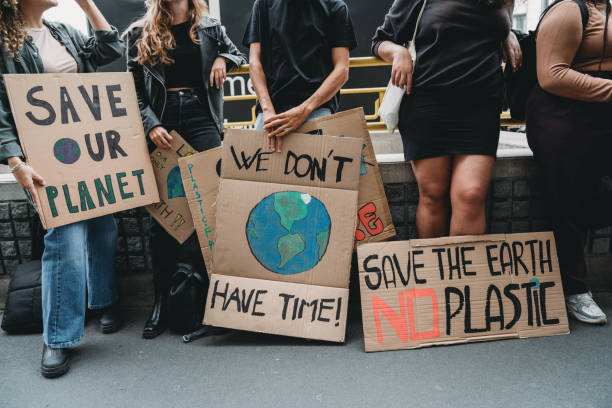Over the past decade, extreme weather events linked to climate change have caused a staggering $2 trillion in global economic losses.
A report analyzing 4,000 climate-related disasters reveals the severity of the financial toll, with $451 billions of those losses occurring in just the last two years.
From flash floods that devastate communities to prolonged droughts that decimate crops, the world is paying an increasingly high price for the changing climate.
The report emphasizes the immediate and growing costs of climate breakdown, as major extreme weather events disrupt economies worldwide.
John Denton, Secretary-General of the International Chamber of Commerce (ICC), which commissioned the study, stated, “The data from the past decade shows definitively that climate change is not a future problem.”
He pointed out that productivity losses due to these events are being felt in the present, impacting industries and communities alike.
The U.S. has been the hardest hit, suffering $935 billion in damages from extreme weather, followed by China ($268 billion) and India ($112 billion).
Other countries like Germany, Australia, and Brazil also feature prominently in the top ten. However, when examining the per capita cost, smaller island nations such as the Bahamas and Saint Martin have experienced the greatest financial losses relative to their populations.

The report also highlights that these financial losses are compounded by the growing vulnerability of populations in disaster-prone areas.
The increase in extreme weather events correlates with the planet’s rising temperatures, largely driven by fossil fuel pollution.
More than half of the 68,000 heat-related deaths in Europe during the summer of 2022 were attributed to climate change, and its role in extreme rainfall events in central Europe this past September was similarly significant.
Economists warn, however, that the figures presented in the report may still underestimate the true cost of climate-related damage.
Ilan Noy, a disaster economist, noted that the study fails to fully capture the losses in poor and vulnerable communities, where the long-term impacts of climate disasters are devastating.
In response, the ICC urges world leaders to accelerate funding for climate action, especially in developing countries, to help them mitigate and adapt to climate change.
“Every dollar spent is an investment in a stronger and more resilient global economy,” said Denton, emphasizing that financing climate action is beneficial for all nations, not just the wealthiest ones.
As the world grapples with these growing financial and humanitarian challenges, the COP29 summit will be critical in determining how nations will address the financial gap in climate change adaptation and recovery efforts.

